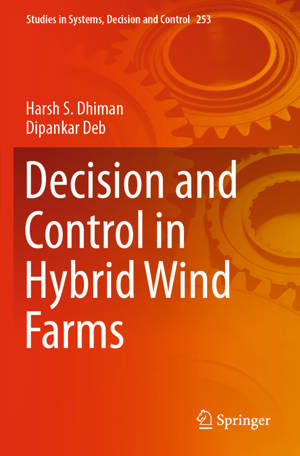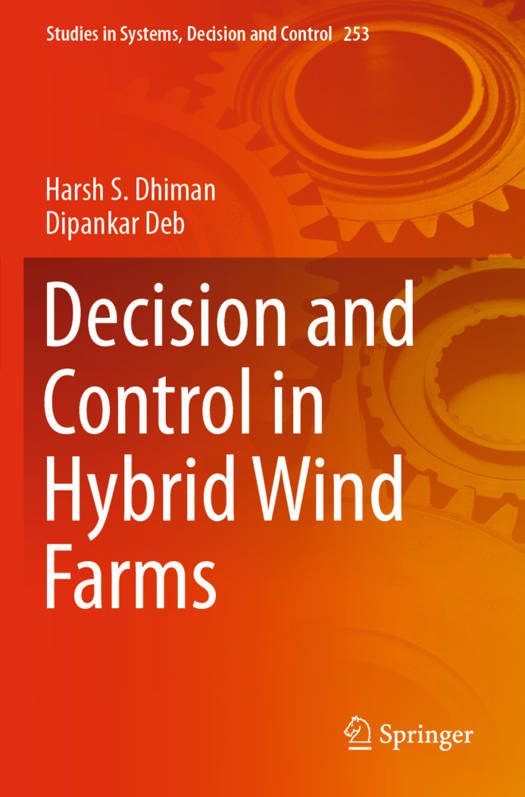
- Retrait gratuit dans votre magasin Club
- 7.000.000 titres dans notre catalogue
- Payer en toute sécurité
- Toujours un magasin près de chez vous
- Retrait gratuit dans votre magasin Club
- 7.000.000 titres dans notre catalogue
- Payer en toute sécurité
- Toujours un magasin près de chez vous
Description
This book focuses on two of the most important aspects of wind farm operation: decisions and control. The first part of the book deals with decision-making processes, and explains that hybrid wind farm operation is governed by a set of alternatives that the wind farm operator must choose from in order to achieve optimal delivery of wind power to the utility grid. This decision-making is accompanied by accurate forecasts of wind speed, which must be known beforehand. Errors in wind forecasting can be compensated for by pumping power from a reserve capacity to the grid using a battery energy storage system (BESS). Alternatives based on penalty cost are assessed using certain criteria, and MCDM methods are used to evaluate the best choice. Further, considering the randomness in the dynamic phenomenon in wind farms, a fuzzy MCDM approach is applied during the decision-making process to evaluate the best alternative for hybrid wind farm operation. Case studies from wind farms in the USA are presented, together with numerical solutions to the problem.
In turn, the second part deals with the control aspect, and especially with yaw angle control, which facilitates power maximization at wind farms. A novel transfer function-based methodology is presented that controls the wake center of the upstream turbine(s); lidar-based numerical simulation is carried out for wind farm layouts; and an adaptive control strategy is implemented to achieve the desired yaw angle for upstream turbines. The proposed methodology is tested for two wind farm layouts. Wake management is also implemented for hybrid wind farms where BESS life enhancement is studied. The effect of yaw angle on the operational cost of BESS is assessed, and case studies for wind farm datasets from the USA and Denmark are discussed. Overall, the book provides a comprehensive guide to decision and control aspects for hybrid wind farms, which are particularly important from an industrial standpoint.
Spécifications
Parties prenantes
- Auteur(s) :
- Editeur:
Contenu
- Nombre de pages :
- 140
- Langue:
- Anglais
- Collection :
- Tome:
- n° 253
Caractéristiques
- EAN:
- 9789811502774
- Date de parution :
- 17-10-20
- Format:
- Livre broché
- Format numérique:
- Trade paperback (VS)
- Dimensions :
- 156 mm x 234 mm
- Poids :
- 240 g







